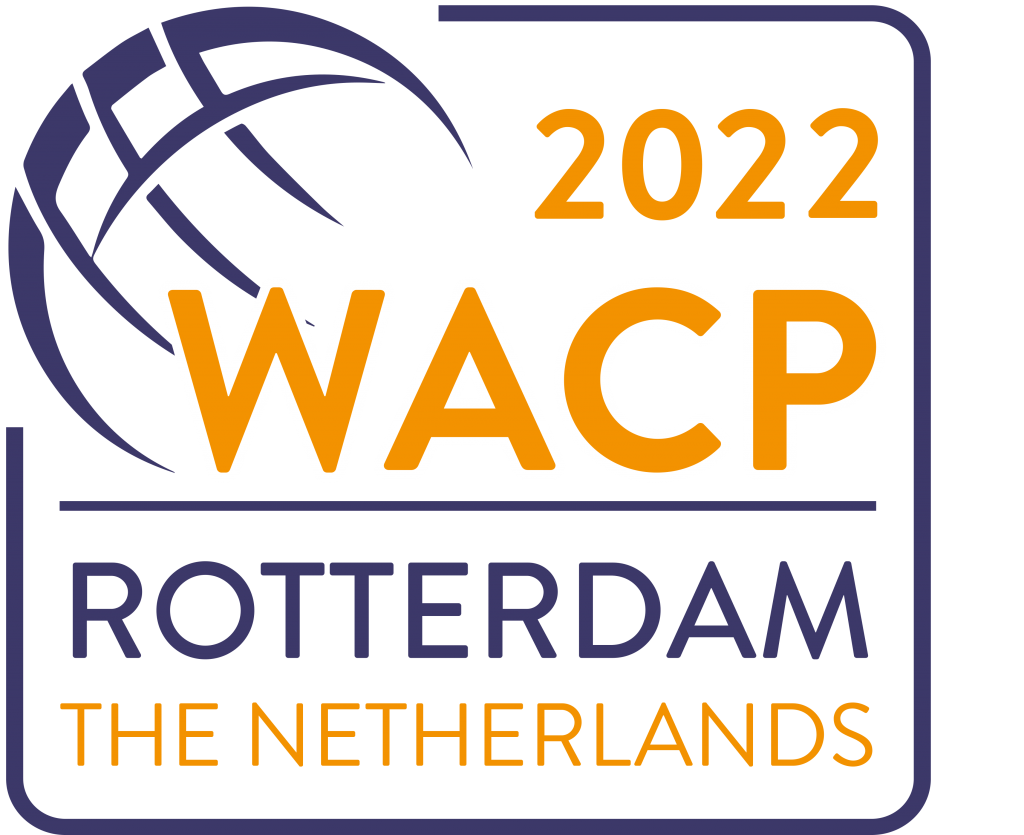ROBERTO LEWIS-FERNÁNDEZ
ROBERTO LEWIS-FERNÁNDEZ
Roberto Lewis-Fernández MD is Professor of Clinical Psychiatry at Columbia University; at New York State Psychiatric Institute, he is Director of the NYS Center of Excellence for Cultural Competence and the Hispanic Treatment Program, Research Area Leader for Anxiety, Mood, Eating, and Related Disorders, and Co-Director of the Anxiety Disorder Clinic. His research develops culturally congruent interventions and instruments to enhance patient engagement, reduce misdiagnosis, and help overcome disparities in the care of underserved cultural groups. He led the development of the DSM-5 Cultural Formulation Interview, a standardized cultural assessment protocol, and was the Principal Investigator (PI) of its international field trial. He has been PI or co-Investigator of 25 National Institutes of Health-funded studies and other research, and published over 225 articles, chapters, and books on culture-related topics in mental health. He is president of the World Association of Cultural Psychiatry, president-elect of the American Psychopathological Association, chair of the Group for the Advancement of Psychiatry Cultural Committee, and chair of the DSM Review Committee for Internalizing Disorders. He was chair of the DSM-5-TR Culture-Related Issues Review Committee as well as co-chair of the DSM-5-TR Work Group on Ethnoracial Equity and Inclusion and the ICD-11 Working Group on Culture-Related Issues.
President World Association of Cultural Psychiatry.

